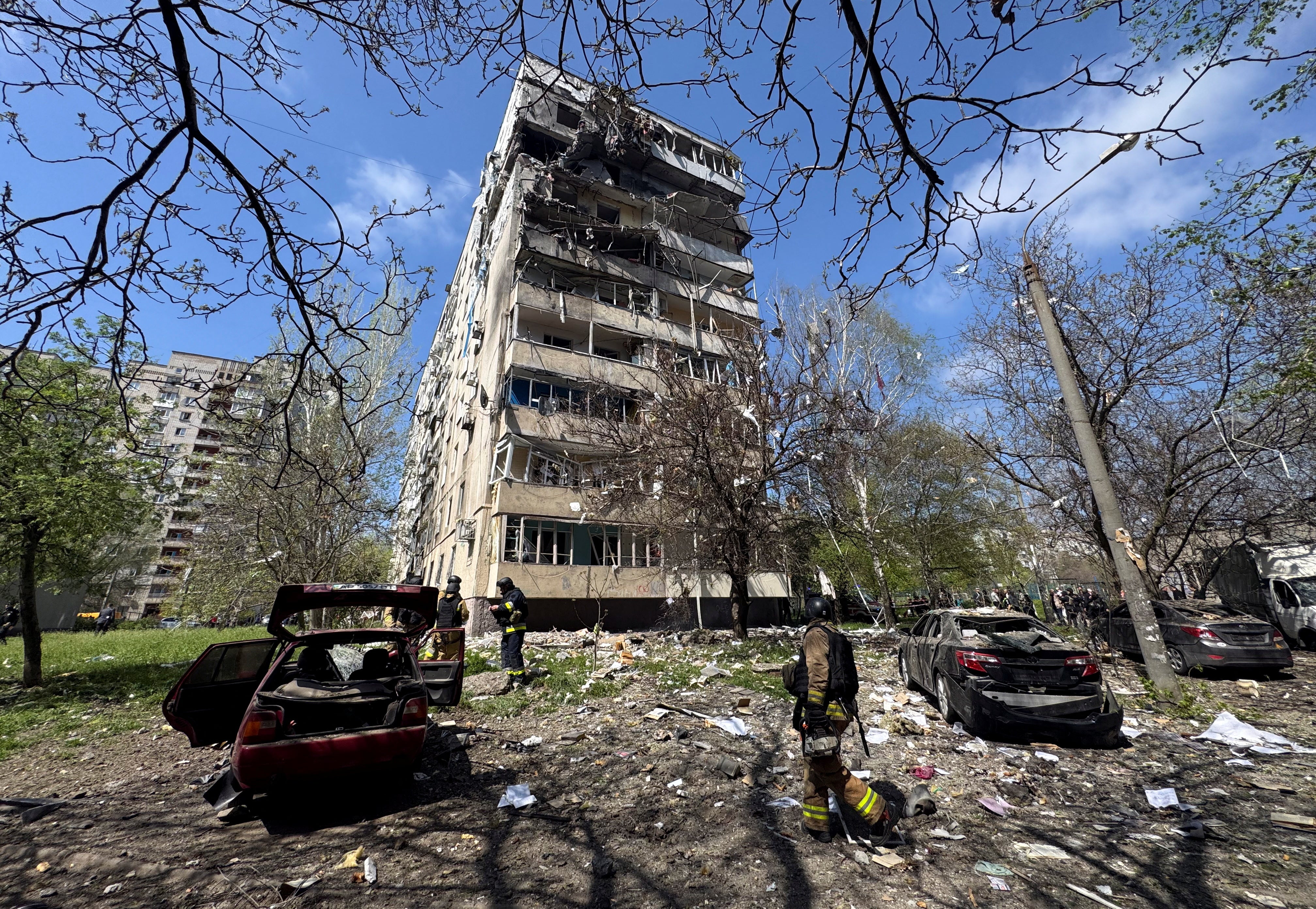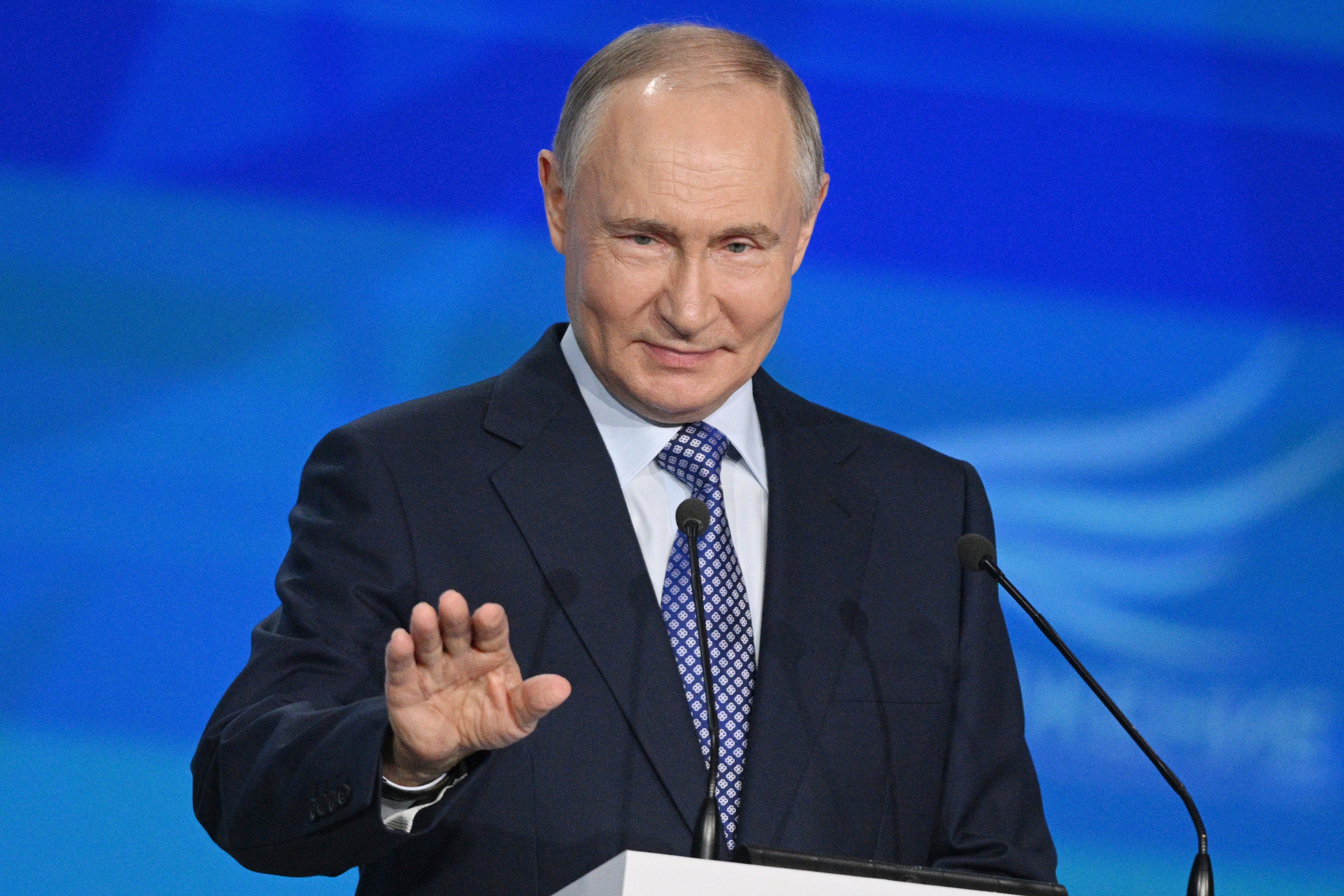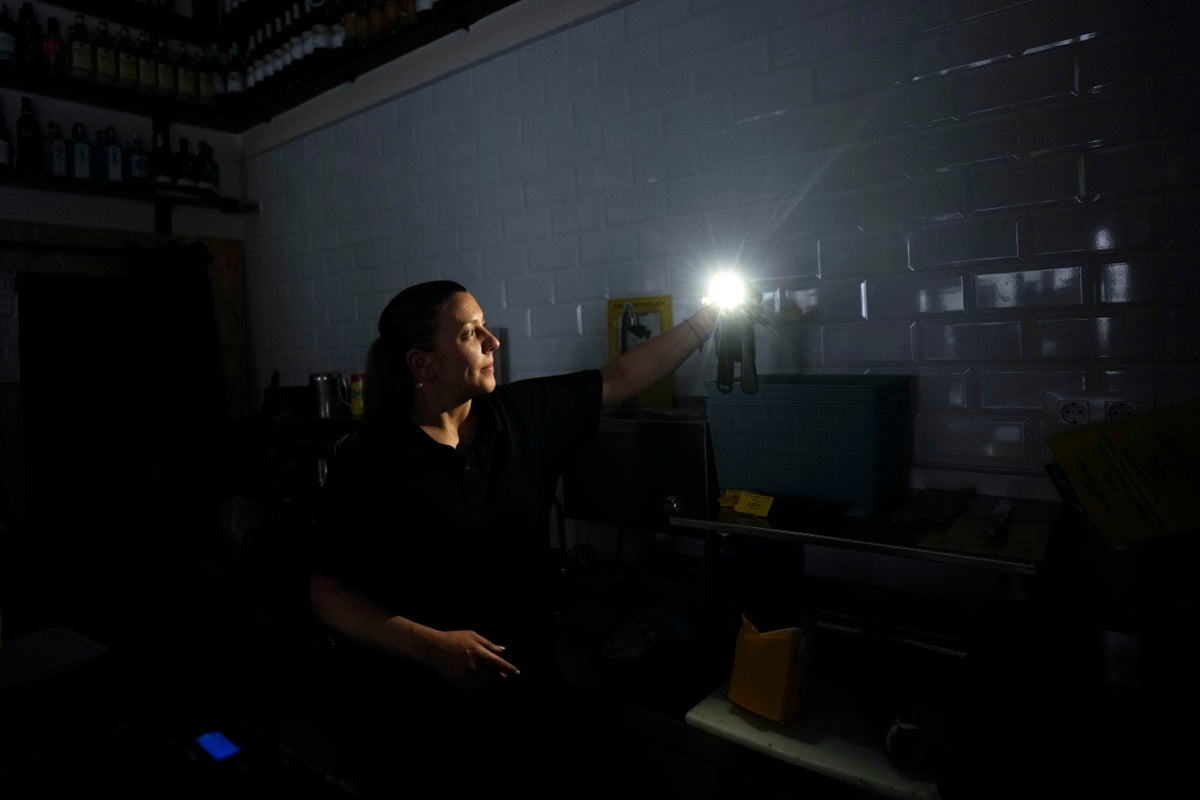ARTICLE AD BOX
In hosting Ukraine’s president for talks about a “ceasefire” with Russia, with three of America’s biggest diplomatic guns, Britain’s foreign secretary has the awkward task to keep them on side while ensuring he hasn’t led Volodymyr Zelensky’s troops into an ambush.
Marco Rubio, the US secretary of state, has signalled that the US is prepared to walk away from brokering peace talks if there is no breakthrough. He’s bringing his team of negotiators with him - not to talk but to present an ultimatum that favours Russia.
Ukraine will have no choice but to reject proposals to freeze Russian control of the east of the country. Zelensky is likely to be asked (or told) to recognise the Kremlin’s de facto rule over Crimea, agree that Ukraine can never join Nato, and generally to meekly roll under Putin’s tank tracks.
That may explain why the Ukrainian president won’t be in London on Wednesday.
David Lammy doesn’t want this. Nor do France and Germany, who are also sending their foreign ministers and security advisers to London.
They are all now part of a “coalition of the willing” formed by Keir Starmer and Emanuel Macron to offset the rapid withdrawal of America from European affairs - and the blatant support for Russia from the White House.
They can’t, and won’t, admit that Donald Trump and his administration have done everything they can not to pursue peace in Ukraine but to cement the Kremlin’s suzerainty over lands it has invaded.

But, according to reports in the US media, that is exactly what Rubio, Steve Waltz, the US envoy to Russia and Keith Kellogg, the envoy to Ukraine, are expected to try to sell to Ukraine and her allies here in London.
They’ll be expected to agree to leave Russia holding 20 per cent of his country in return for ceasefire monitors.
They’ll be expected to agree that the US would recognise Russia’s control of Crimea, the headquarters of Russia’s defeated Black Sea fleet, that was illegally invaded in 2014, and then annexed.
Dmitry Perkov, the Kremlin spokesman, has already signalled Putin’s delight with the US position on no membership of Nato for Ukraine.
“Of course we’re satisfied with this,” he cooed.
As well he might, given that Russia is being promised sanctions relief, and generally expanded business opportunities with America, while Washington has not indicated that Putin would face any retribution of he failed to observe, or agree, a ceasefire.
Indeed there has been talk of turning the Zaporizhzhia nuclear power station, currently occupied by Russian troops and no longer generating any power, into an American-run project that will supply electricity to Russian-held Crimea.
Ukraine knows what happens when it defies Trump. As a taster it suffered suspended military aid and later its intelligence feed from the US was cut just as Russia launched attacks in its Kursk province.

Moscow has, according to Kyiv, massed close to 70,000 troops on Ukraine’s northern border and may be planning a major drive into Ukraine.
If Ukraine rejects the proposals from Rubio and Co, it knows the consequences.
“My concern is to prevent Trump from finding pretext to put the blame on Ukraine. Trump wants to exit the process of negotiations because he sees that it is hopeless because of Putin,” Oleksandr Morezkho, chairman of the Ukrainian parliament’s foreign affairs committee told The Independent.
“That’s why for us it’s crucially important not to give Trump a chance to blame us. We need to continue to do what we have been doing: to remain constructive and agree with his initiatives in so far as it doesn’t hurt our national interests, such as territorial integrity and sovereignty of Ukraine.”
In the meantime, a British official cautioned against assumptions that the high level US delegation was an indication that the latest meeting was a make or break moment.
The US, the official said, was a very close ally and the London meetings were not likely to be the “moment when this all blows up”.









 English (US) ·
English (US) ·